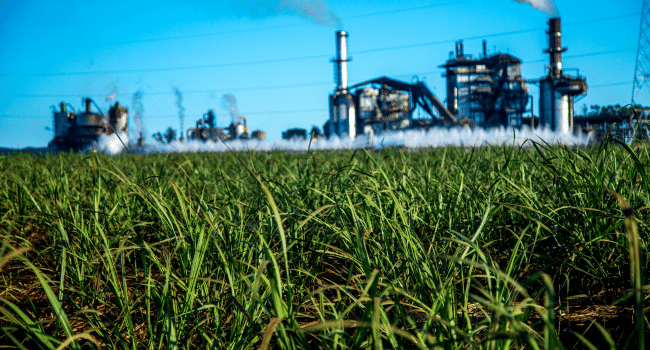Table of Contents
For thousands of years, the farming profession has been guided by time-honored techniques passed from one generation to the next. But today, a technological shift is reshaping agricultural practices worldwide, holding the promise of increased harvests, improved efficiency, and a more environmentally sound future for feeding the population. From the accuracy of precision agriculture to the transformative potential of blockchain in tracking our food, technology is equipping farmers with knowledge and capabilities that were never possible until now.
Data-Driven Farming
One standout innovation is precision agriculture. By using GPS technology, sophisticated sensors, aerial drones, and insightful data analytics, farmers can now gain a better understanding of their soil’s health, predict weather patterns, and keep an eye on the condition of their crops. This detailed information enables them to apply fertilizers, pesticides, and water with unprecedented accuracy, leading to lowered resource usage and a greatly reduced environmental impact. This degree of focused intervention not only leads to increased crop production but also dramatically decreases waste and overall farming costs.
Scientific and Genetic Progress
Biotechnology and genetic advancements are another component in the agriculture revolution. Scientists are developing crop varieties through genetic modification and gene editing to better withstand harsh environments, resist pests and diseases, and even offer enhanced nutrition. These include drought-resistant grains or pest-proof vegetables, reducing the need for water and pesticides. This genetic frontier offers powerful tools for feeding a growing world facing climate challenges.
Food Tracking Technology
Blockchain, the secure digital ledger system known for cryptocurrencies, is changing how we track crops from the field to our plates. This technology can allow consumers to scan a simple QR code on produce and instantly access a verified record of its journey, including where it was grown, the farming practices used, when it was harvested, and every step of its distribution.
This level of transparency fosters greater trust between consumers and producers, allowing for more informed choices. Blockchain’s unchangeable record can also significantly enhance food safety by enabling accurate tracing of contamination sources. It also streamlines logistics and can empower farmers with secure, verifiable records of their goods, potentially leading to fairer market access and pricing.
Repurposing Byproducts
Beyond cultivation and tracking, technology is playing a crucial role in managing and repurposing agricultural waste. Traditional farming often generates substantial organic waste, including crop residues, animal manure, and processing byproducts. However, innovative technologies are transforming this waste into valuable resources. Anaerobic digestion systems can convert manure and crop residues into biogas, a renewable energy source, and nutrient-rich digestate that can be used as fertilizer. Composting technologies are also being refined to efficiently transform organic waste into valuable soil amendments.
Agricultural Waste Management
Regardless of new technologies, efficient waste removal services, including specialized green waste dumpsters, are more vital than ever for maintaining hygiene and preventing contamination. Proper disposal of agricultural waste is crucial for preventing the spread of pathogens and minimizing the risk of water and soil pollution. Designated receptacles provide a contained method for collecting and transporting organic waste for composting, anaerobic digestion, or other appropriate disposal methods. This not only contributes to a healthier farm environment but also keeps farms in compliance with environmental regulations.
Conclusion
Facing climate change and a growing population, the need for agricultural technology goes beyond bringing in bigger harvests. It’s essential for survival. Embracing data-driven farming, genetic advancements, transparent tracking, waste repurposing, and eco-friendly disposal methods are vital for a sustainable and resilient food system. These innovations are necessary tools for nourishing the world while protecting our future in an increasingly challenging environment.
